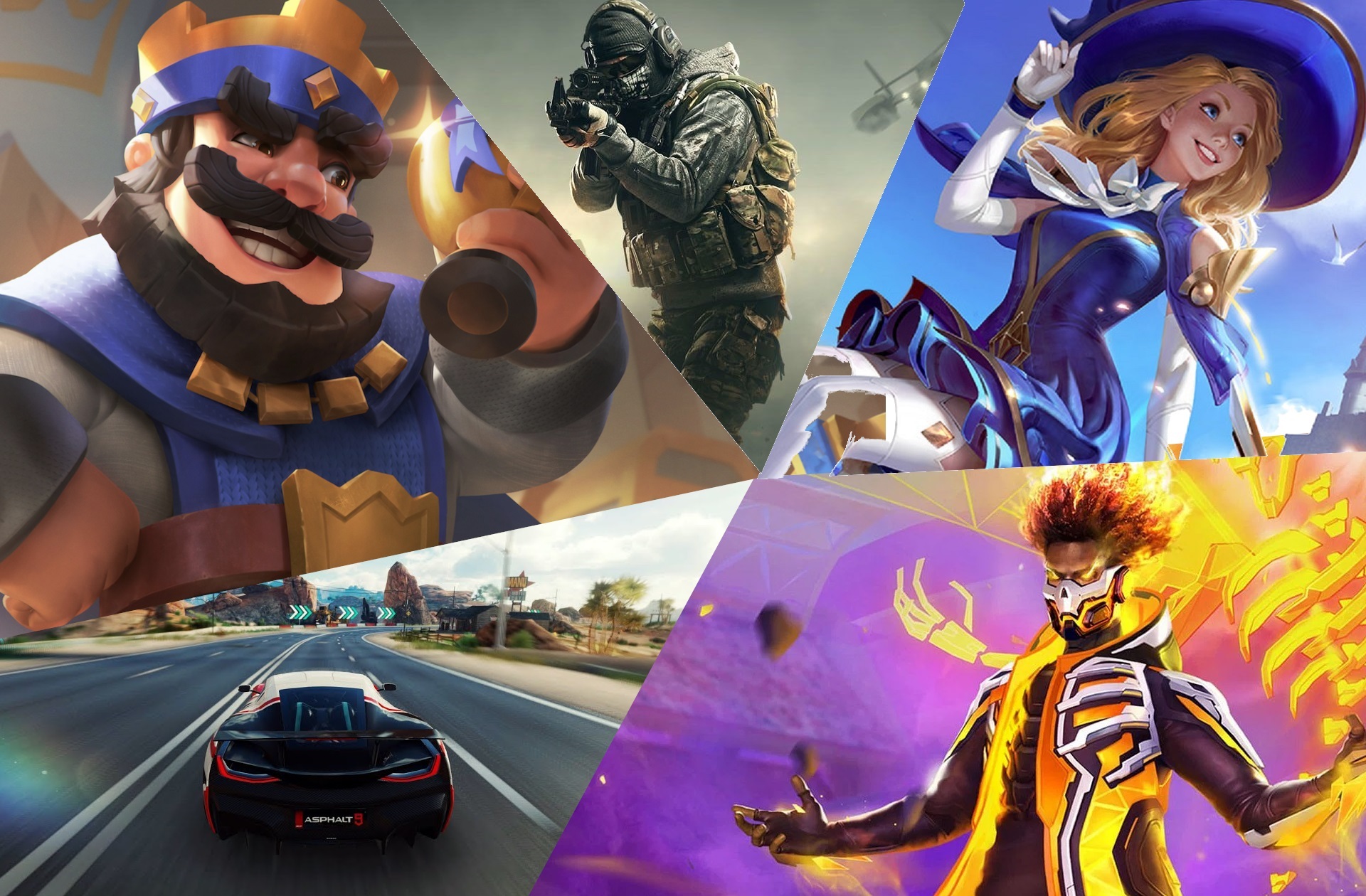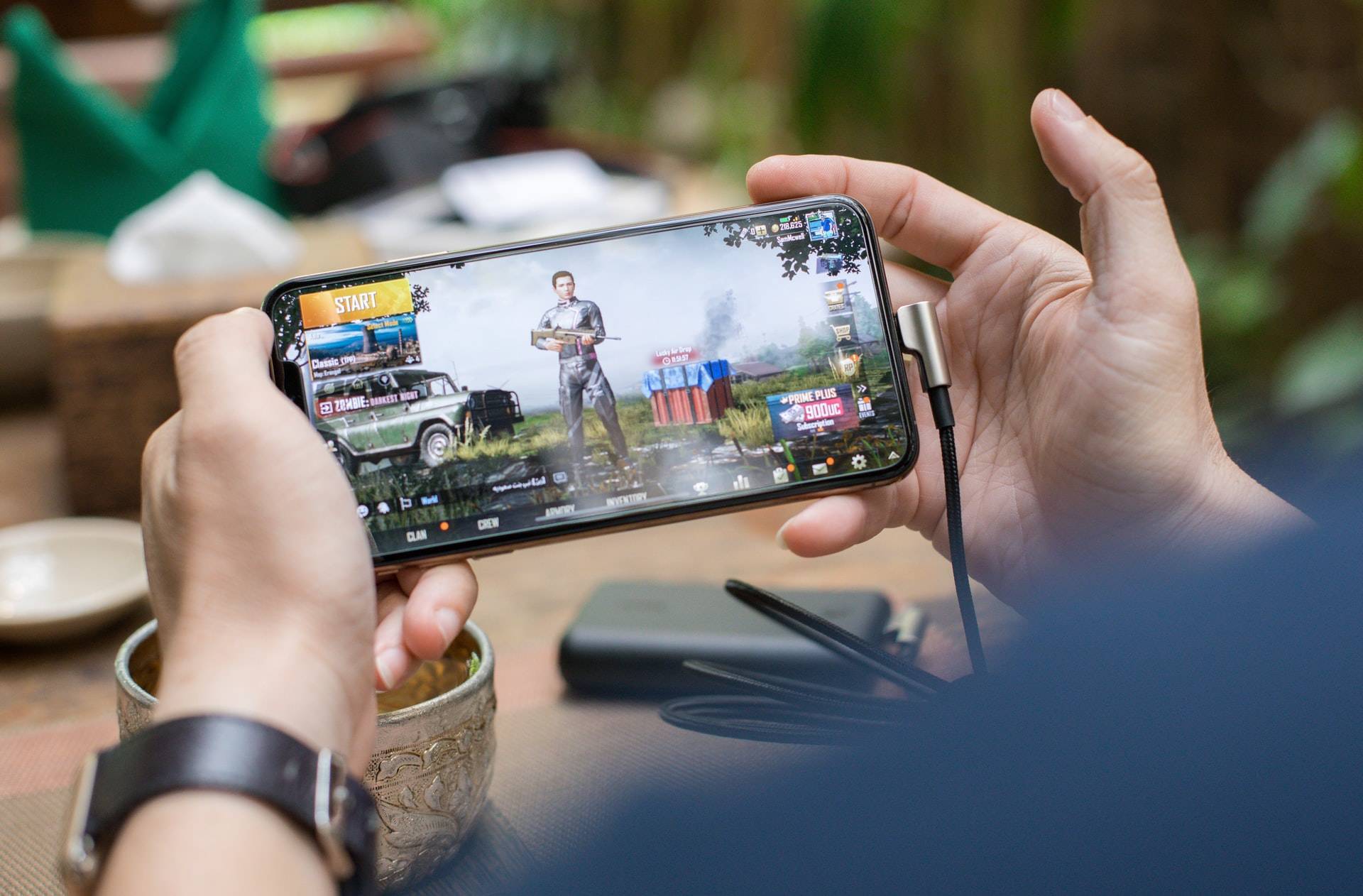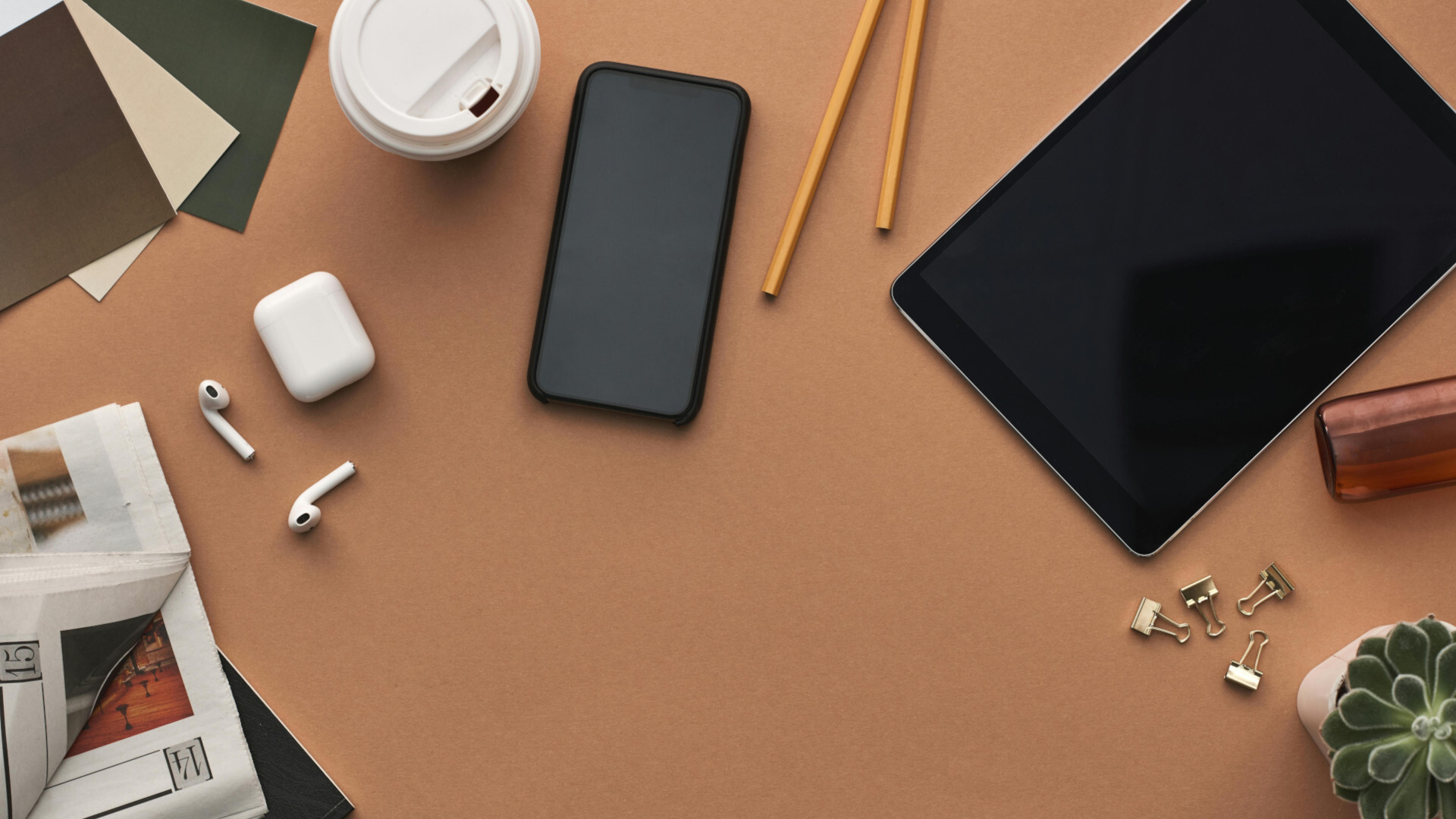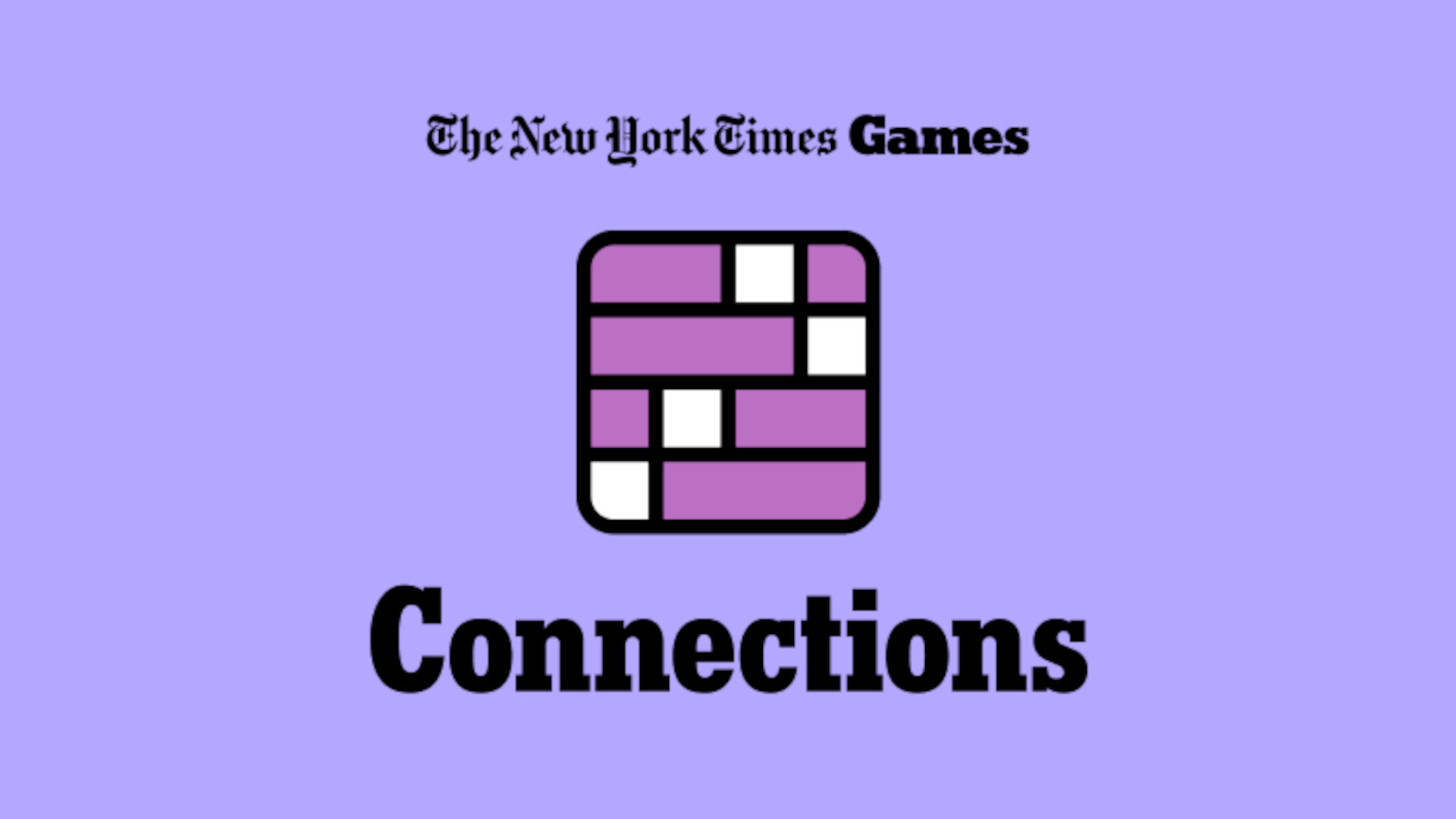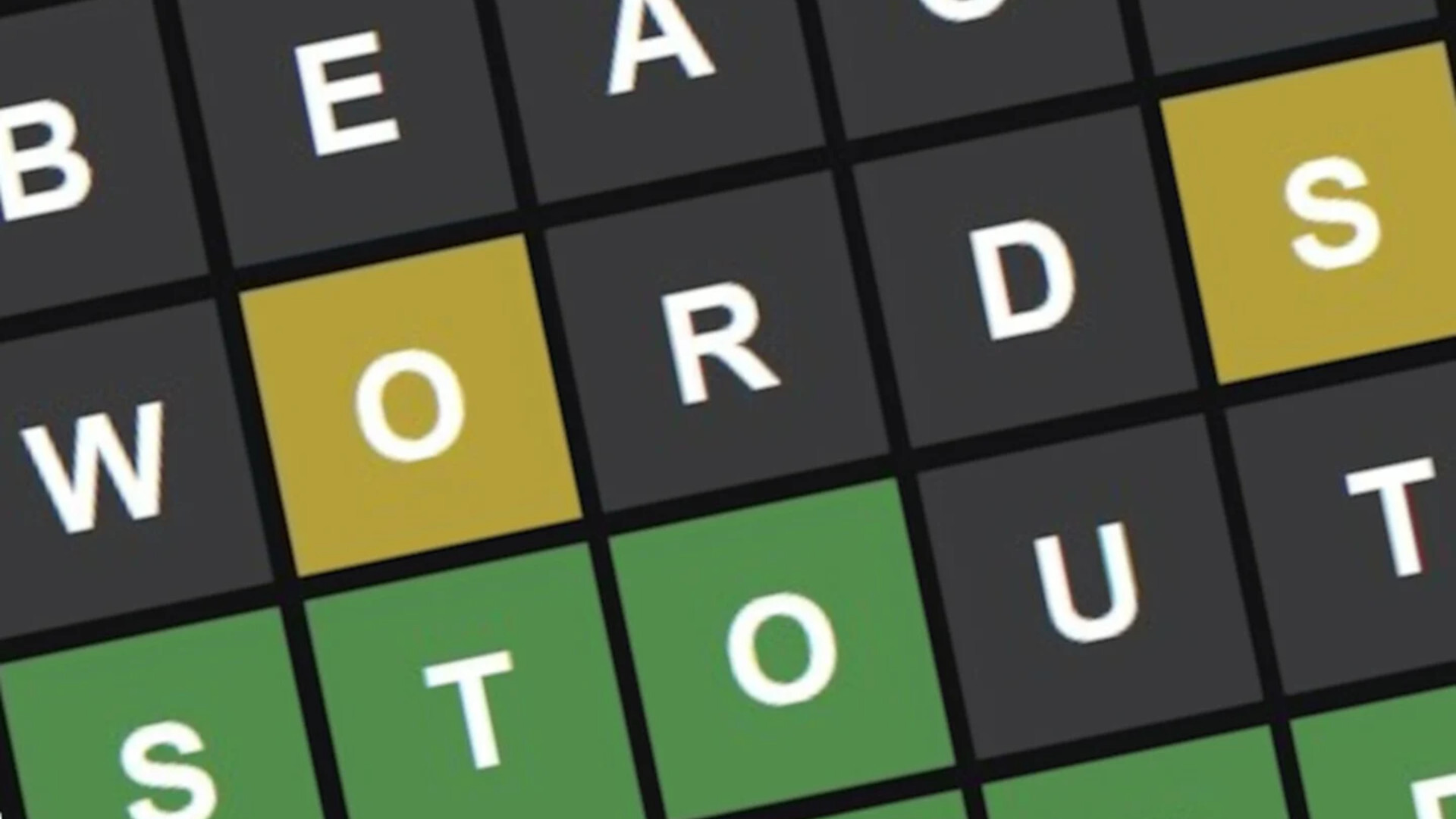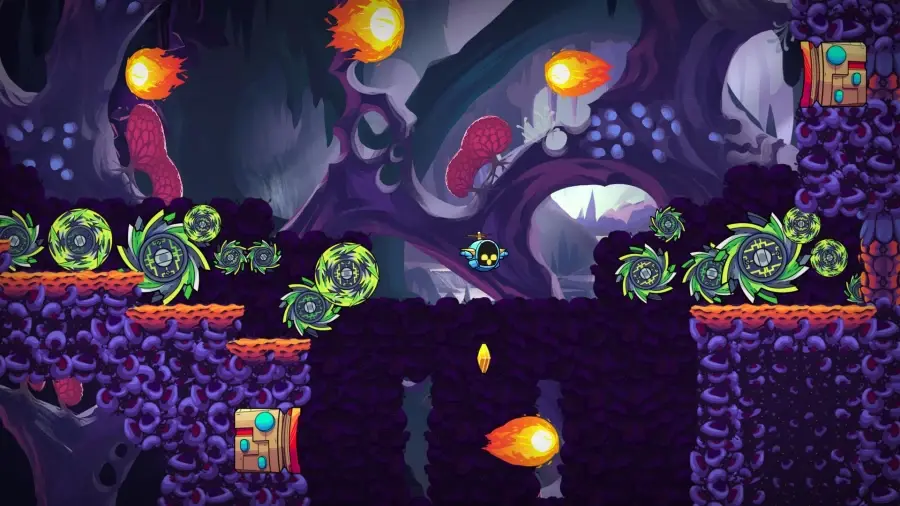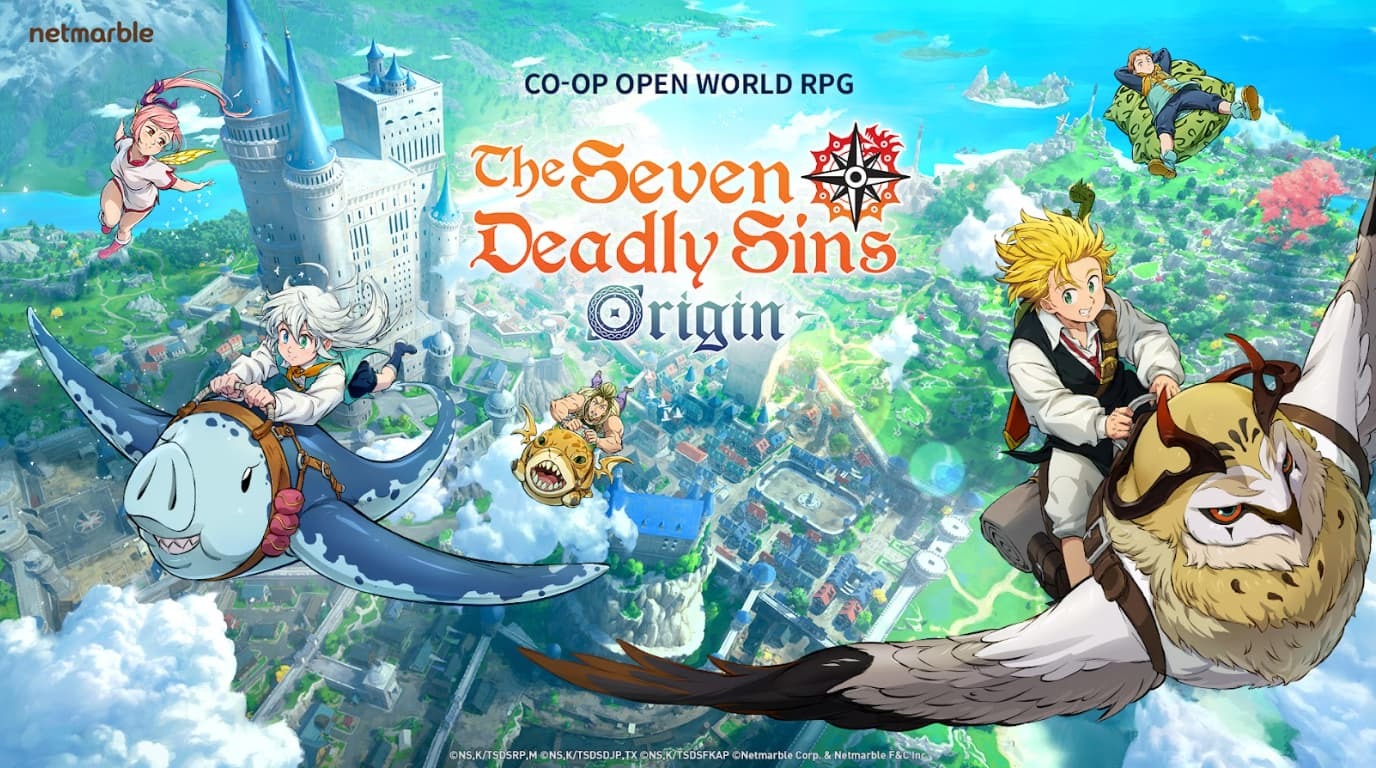Not every PC hit belongs on a touchscreen. Some games were made for keyboards, mice, and big screens—and their mobile versions prove it. These 15 titles showed up on phones… and, unfortunately, instantly made us wish they hadn’t.
15 Mobile Games That Should Have Stayed on PC
When PC ports go wrong...
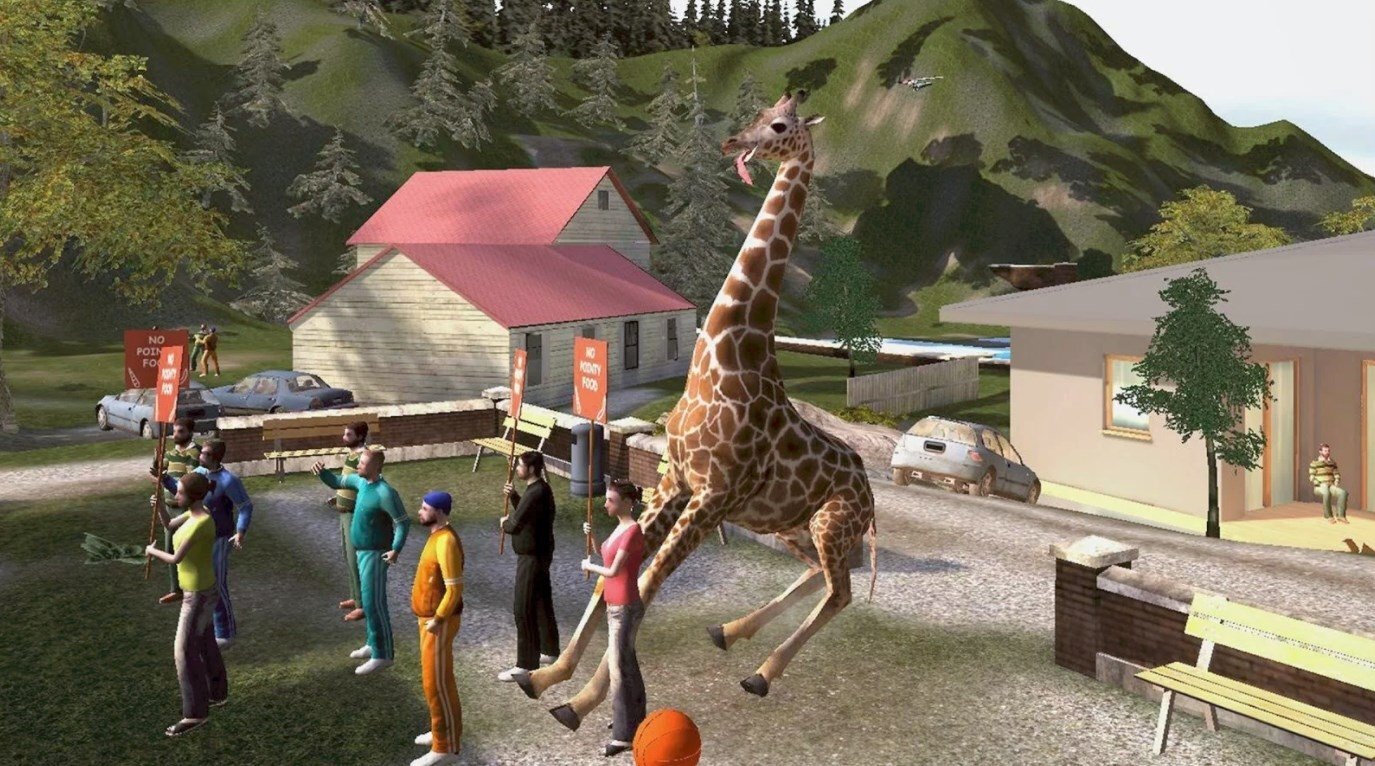
15. Goat Simulator
Goat Simulator’s chaos and glitch-filled antics made it a cult hit on PC, but the messy fun didn’t translate well to mobile. Performance drops and awkward touch controls quickly turned what was once funny into straight-up frustration. The game leaned hard on its meme status, but without smooth gameplay or replay depth, the mobile version felt more like a throwaway gag.
(Image Credit: Coffee Stain)

14. Dead by Daylight Mobile
Dead by Daylight Mobile launched with a lot of promise but quickly showed its flaws. Unlocking killers and perks often meant endless grinding or paying, and the balance tilted heavily toward those with DLC. Combined with clunky touch controls and frustrated newcomers, it never found a steady footing and was eventually shut down.
(Image Credit: Behaviour Interactive)
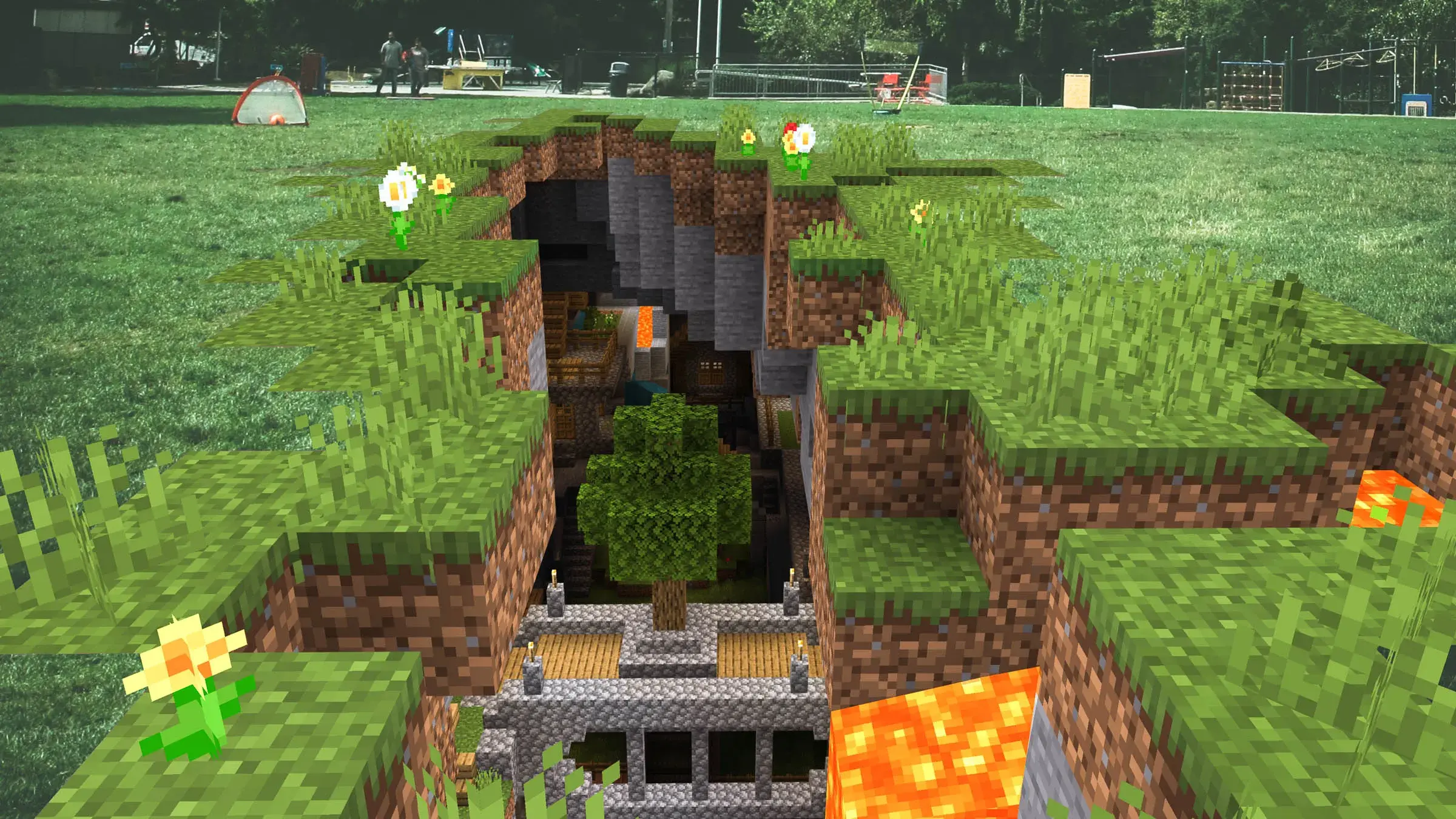
13. Minecraft
Minecraft on mobile captures the basics, but it loses much of what made the PC version magical. Frequent updates and heavier graphics weigh it down, while touch controls and clunky menus make building or modding far less fun. For players who remember the simple, open creativity of PC, this version just feels like a stripped-down compromise.
(Image Credit: Mojang Studios)
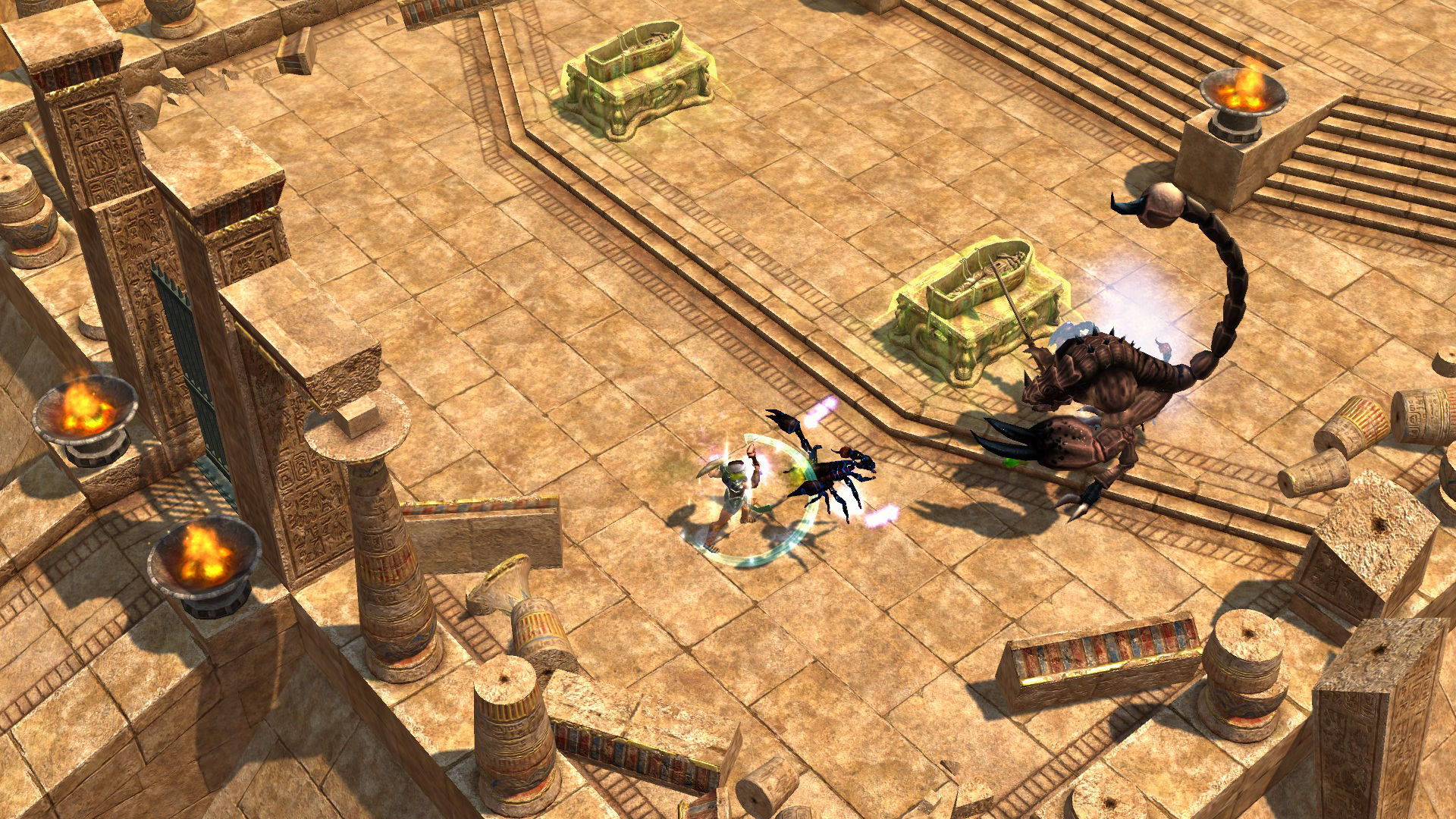
12. Titan Quest
Titan Quest on mobile brings over the full game with its DLCs, but the cracks show once you start playing seriously. Frame drops in big fights, tiny inventory icons, and clumsy touch controls make the smooth ARPG combat feel messy. The core design is still great, yet the port never matches the precision and flow of the PC version.
(Image Credit: Iron Lore Entertainment)
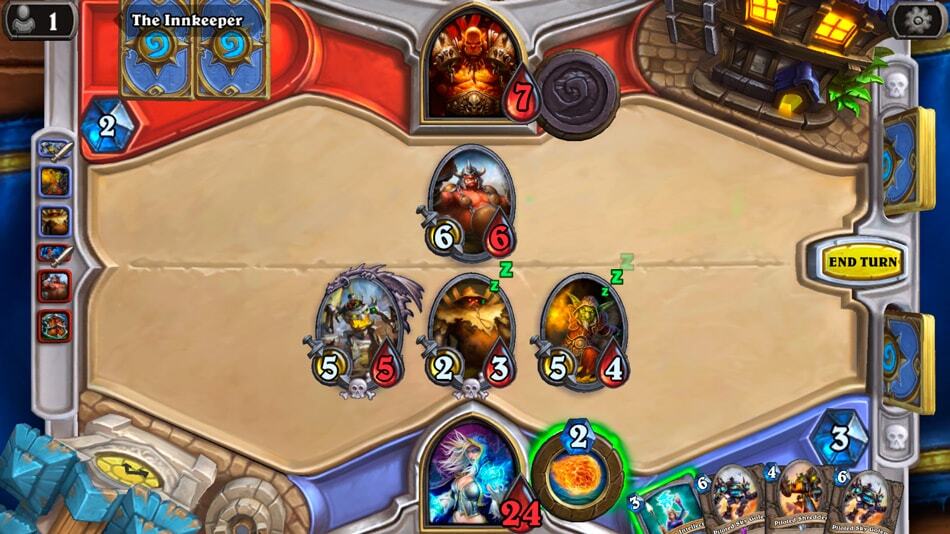
11. Hearthstone
Hearthstone on mobile runs fine for casual play, but the controls fall apart when you try faster decks. Dragging and dropping multiple cards quickly is clumsy on a touchscreen, and misplays are common. What feels smooth on PC often turns into pure frustration on a phone.
(Image Credit: Blizzard Entertainment)
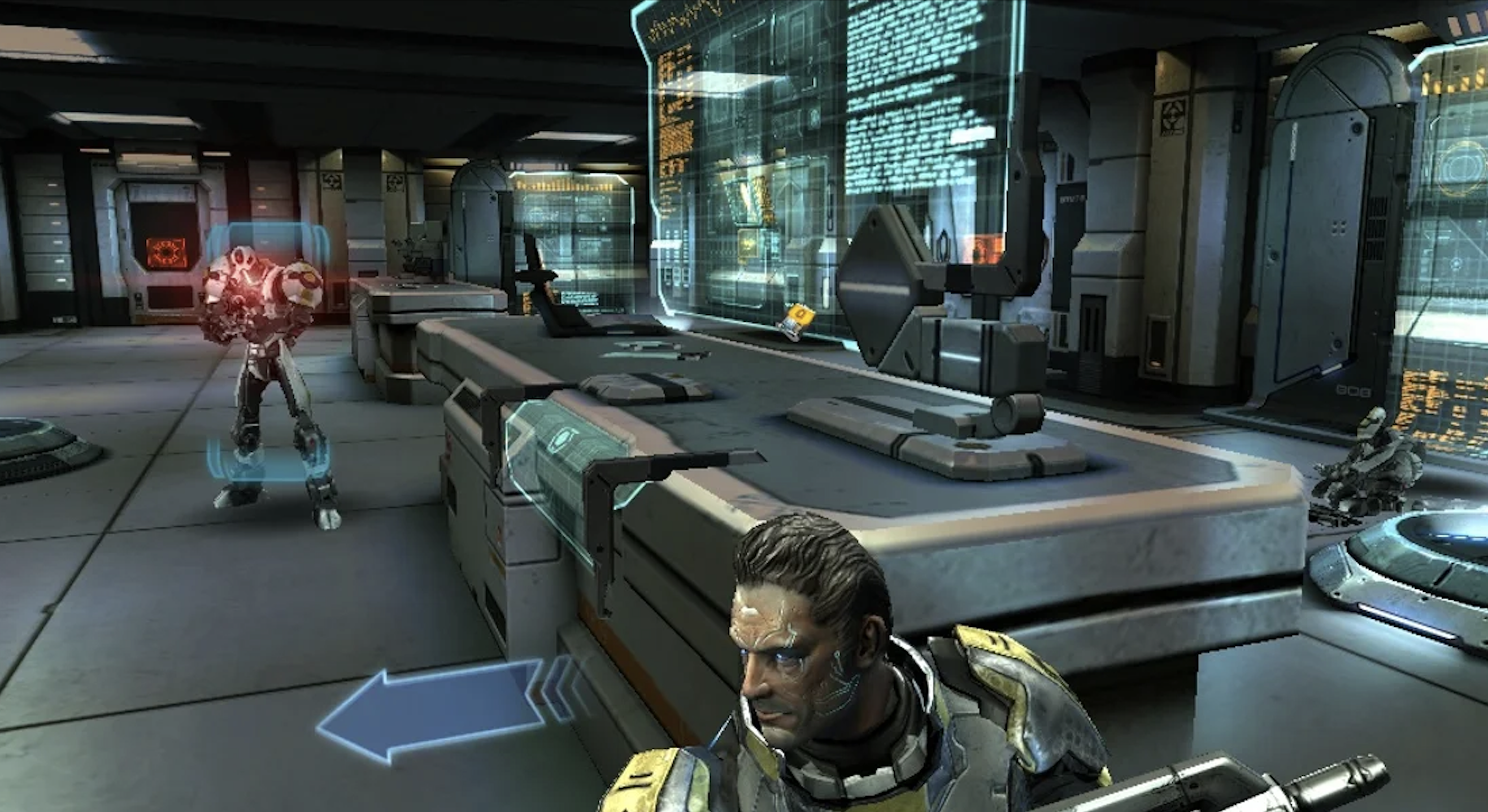
10. Mass Effect Infiltrator
Mass Effect Infiltrator promised a taste of the beloved trilogy on mobile, but what players got was nine short shooting levels with little depth. The price tag was steep enough, yet it still leaned heavily on in-app purchases. Instead of capturing the scope of Mass Effect, it felt like a shallow cash grab better left on PC.
(Image Credit: IronMonkey Studios)
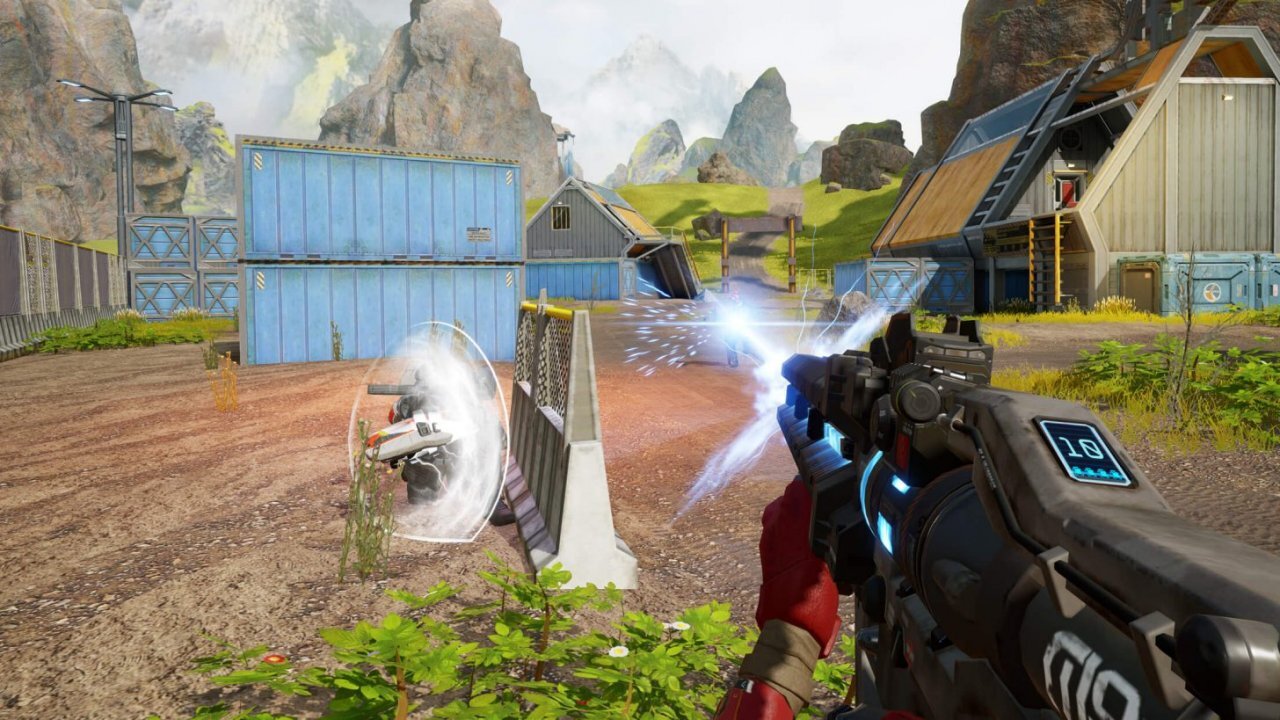
9. Apex Legends Mobile
Apex Legends Mobile launched with big hype, but struggled to live up to the PC and console version. Content updates slowed, performance on many devices was shaky, and the touch controls never captured the game’s fast, fluid style. With stiff competition from COD: Mobile and PUBG Mobile, it quickly lost steam and was shut down less than a year later.
(Image Credit: Respawn Entertainment)
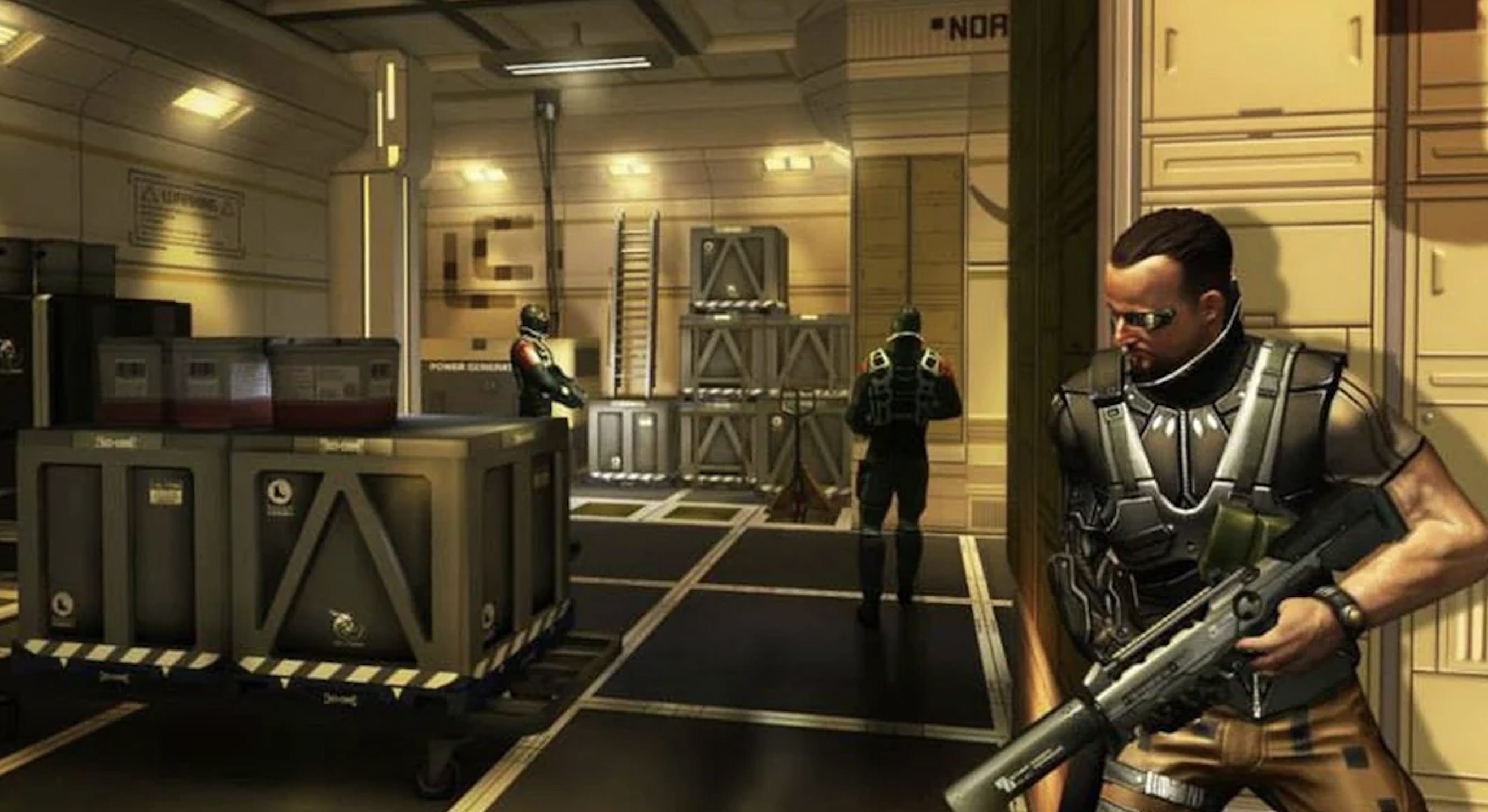
8. Deus Ex: The Fall
Deus Ex: The Fall tried to shrink a deep PC experience into a phone, but the platform couldn’t handle its layered gameplay. The AI felt weak, controls were awkward, and exploration lost its edge. When the mobile build was later pushed to PC, it only highlighted how out of place the whole project was.
(Image Credit: Square Enix)
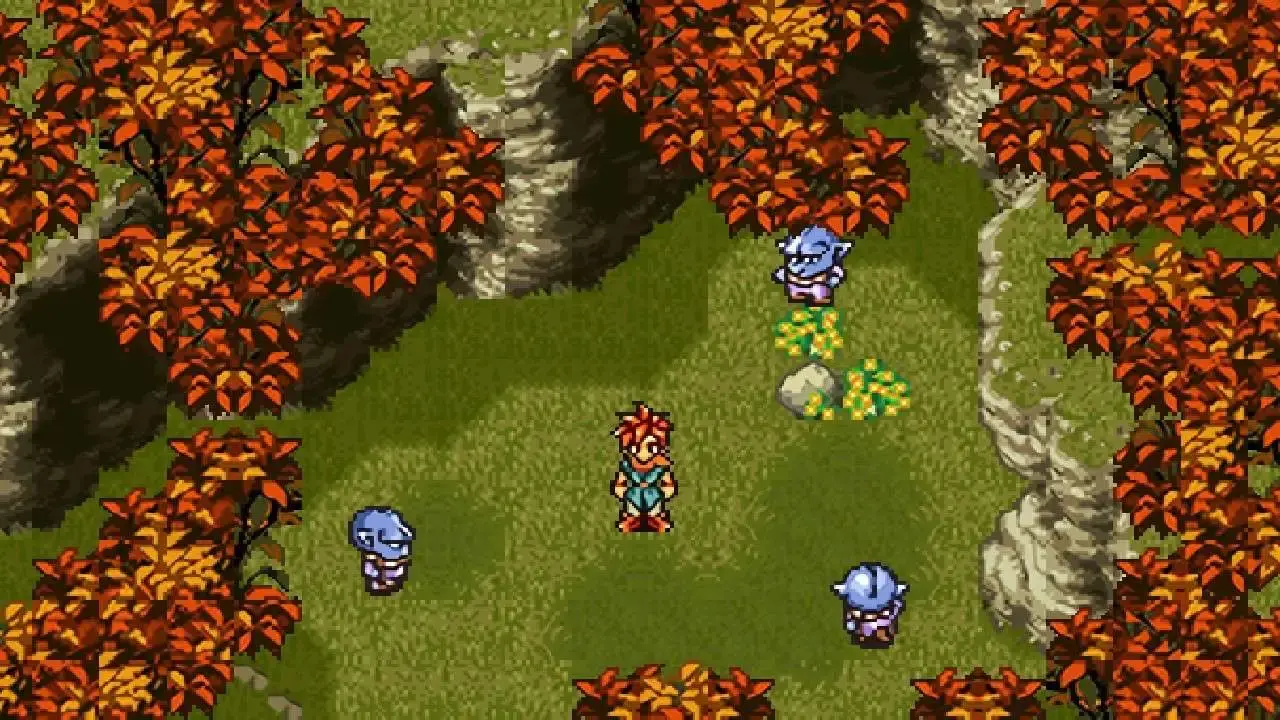
7. Chrono Trigger
Chrono Trigger’s mobile port added DS content but also brought clunky menus, awkward scaling, and a filter that ruined the pixel art. Fans expecting the crisp look of the SNES version instead got blurry sprites, phone-first UI, and performance hiccups. For a game built on timeless charm, this release felt more like a downgrade than a celebration.
(Image Credit: Square Enix)
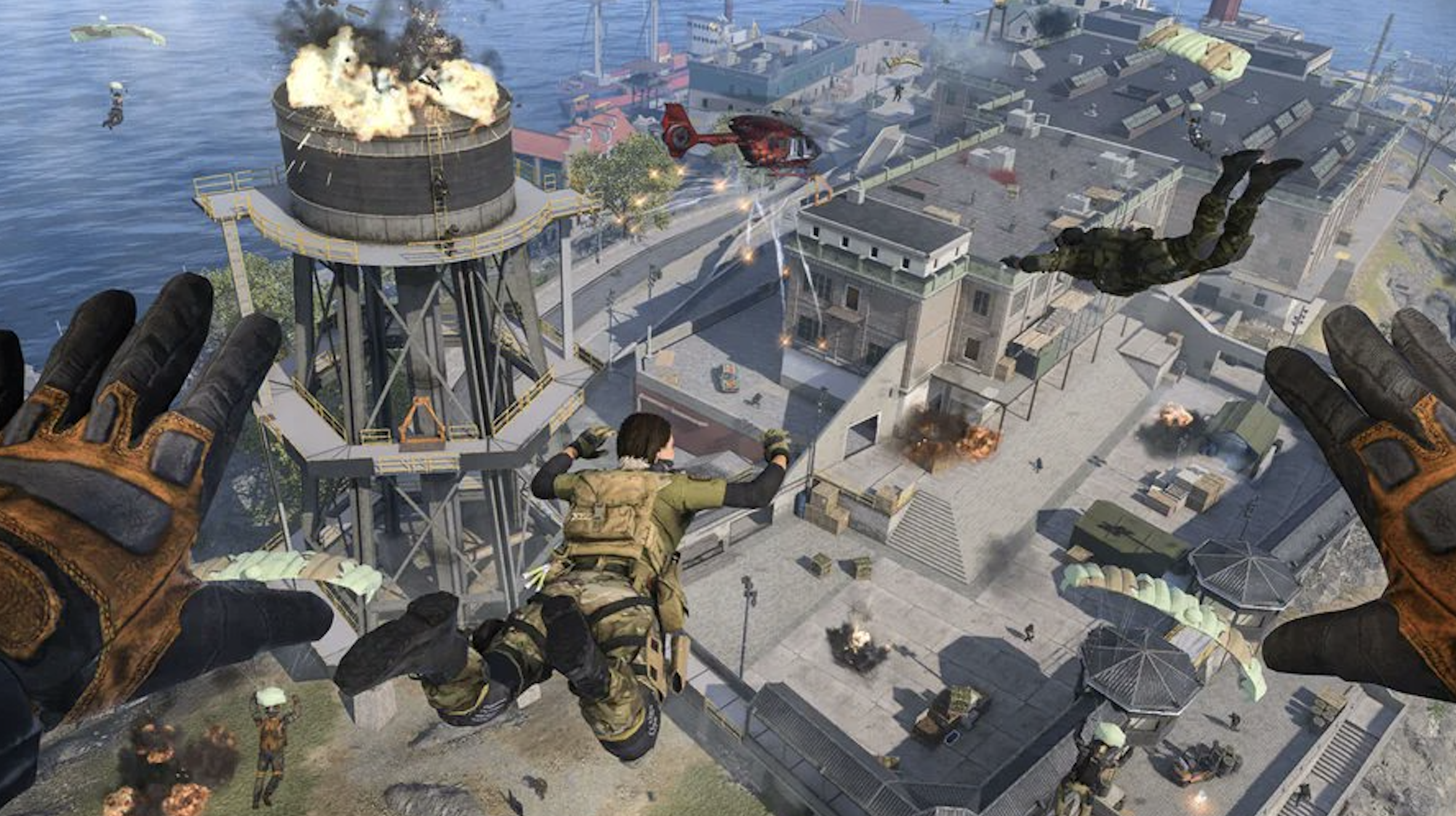
6. Call of Duty: Warzone Mobile
Call of Duty: Warzone Mobile launched with massive hype, but it quickly ran into the same wall many big PC ports face. Performance issues, crashes, and clunky controls made it tough to play on anything but the best phones, while COD: Mobile was already giving players a smoother alternative. Despite millions of sign-ups, retention tanked, and by 2025, Activision pulled the plug.
(Image Credit: Activision)
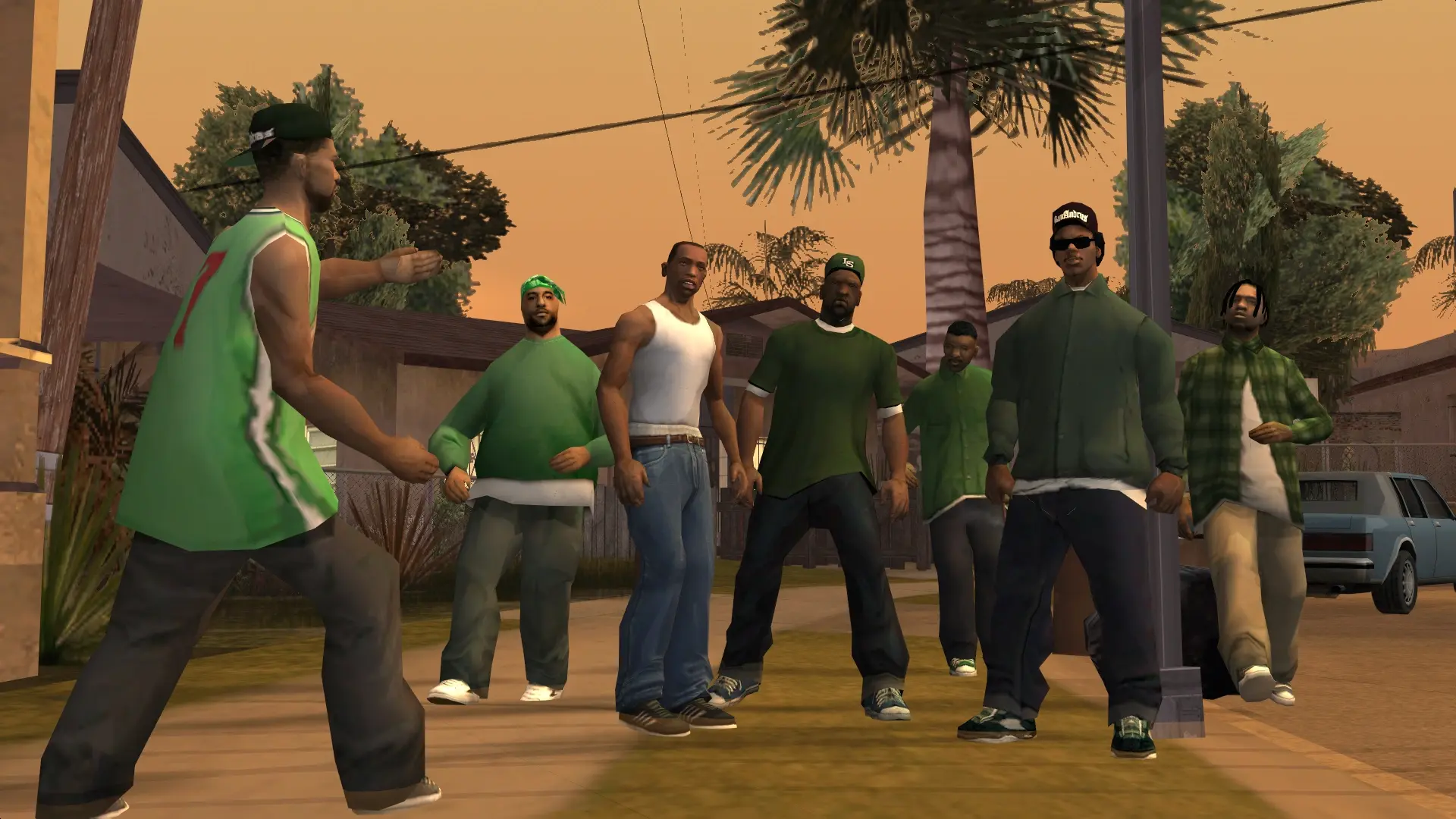
5. Grand Theft Auto: San Andreas
GTA: San Andreas on iOS sounded like a dream for fans wanting to relive a classic, but the execution just didn’t fit the platform. The clunky touchscreen controls and aging visuals made it more of a chore than a nostalgic trip. Some games are better left on their original systems, and this is one of them.
(Image Credit: Rockstar Games)

4. Fortnite
Fortnite’s mobile port looked impressive on paper with cross-play across PC, console, and phones, but it created a huge imbalance. Touchscreen controls and weaker performance left mobile players struggling against mouse-and-keyboard precision and higher framerates. Without the option to stick to mobile-only lobbies, many felt like they were set up to fail before the match even began.
(Image Credit: Epic Games)
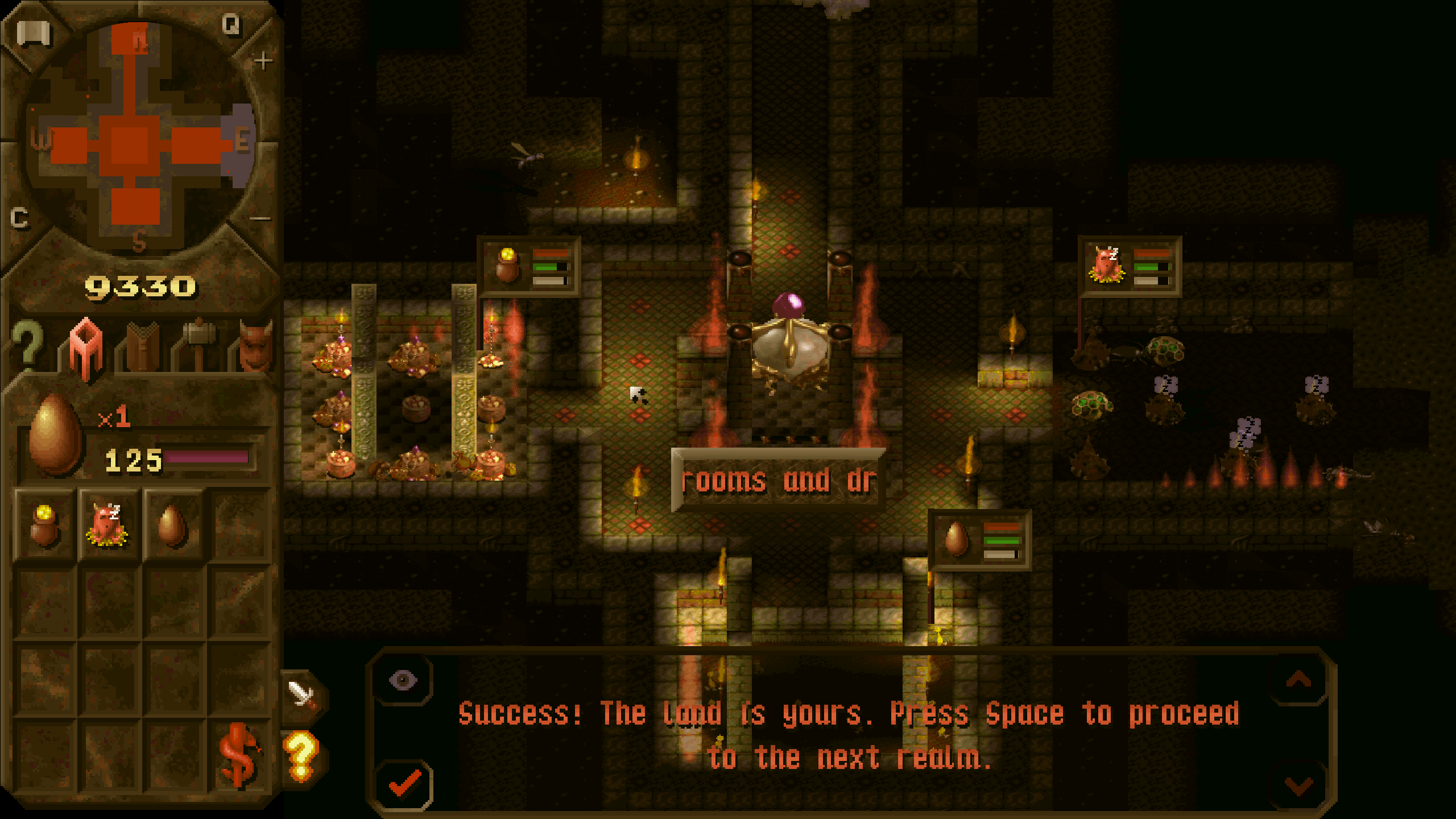
3. Dungeon Keeper
Dungeon Keeper on mobile reboot turned a cult classic into one of the most infamous examples of paywalls gone wrong. Instead of real-time dungeon building and dark humor, players ran into endless timers, aggressive monetization, and mechanics from Clash of Clans. The name promised freedom and strategy, but what was delivered was a hollow grind that betrayed the original.
(Image Credit: Bullfrog Productions)

2. Final Fantasy Tactics
Final Fantasy Tactics is a masterpiece on its original hardware, but the mobile version struggled to keep up. Battles were bogged down by sluggish performance and odd slowdowns that broke the flow. It’s hard to enjoy a strategy game when every move feels like it’s fighting against the device.
(Image Credit: SquareSoft)
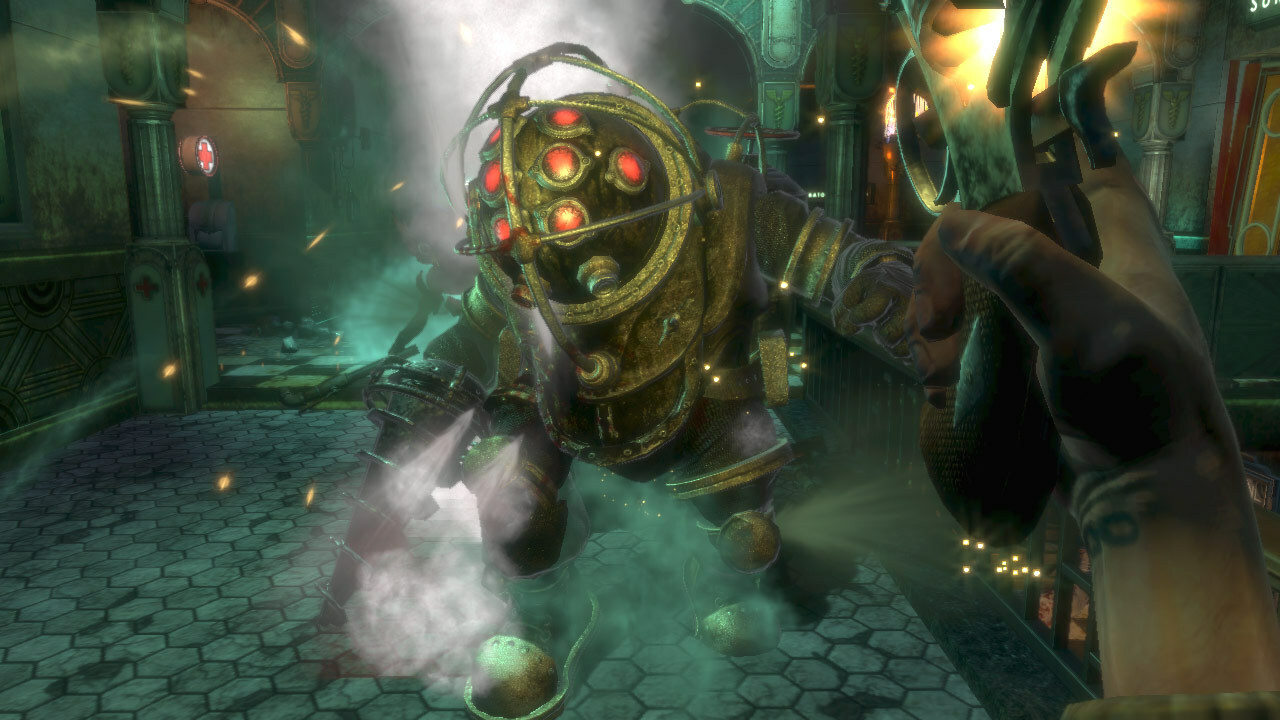
1. BioShock
BioShock’s iOS release stripped away everything that made the original so memorable. Limited device support, muddy textures, and clumsy touchscreen controls turned a masterpiece into a chore. Instead of a faithful port, it felt like a rushed cash grab that should never have left PC.
(Image Credit: 2K Games)
Not every PC hit belongs on a touchscreen. Some games were made for keyboards, mice, and big screens—and their mobile versions prove it. These 15 titles showed up on phones… and, unfortunately, instantly made us wish they hadn’t.

